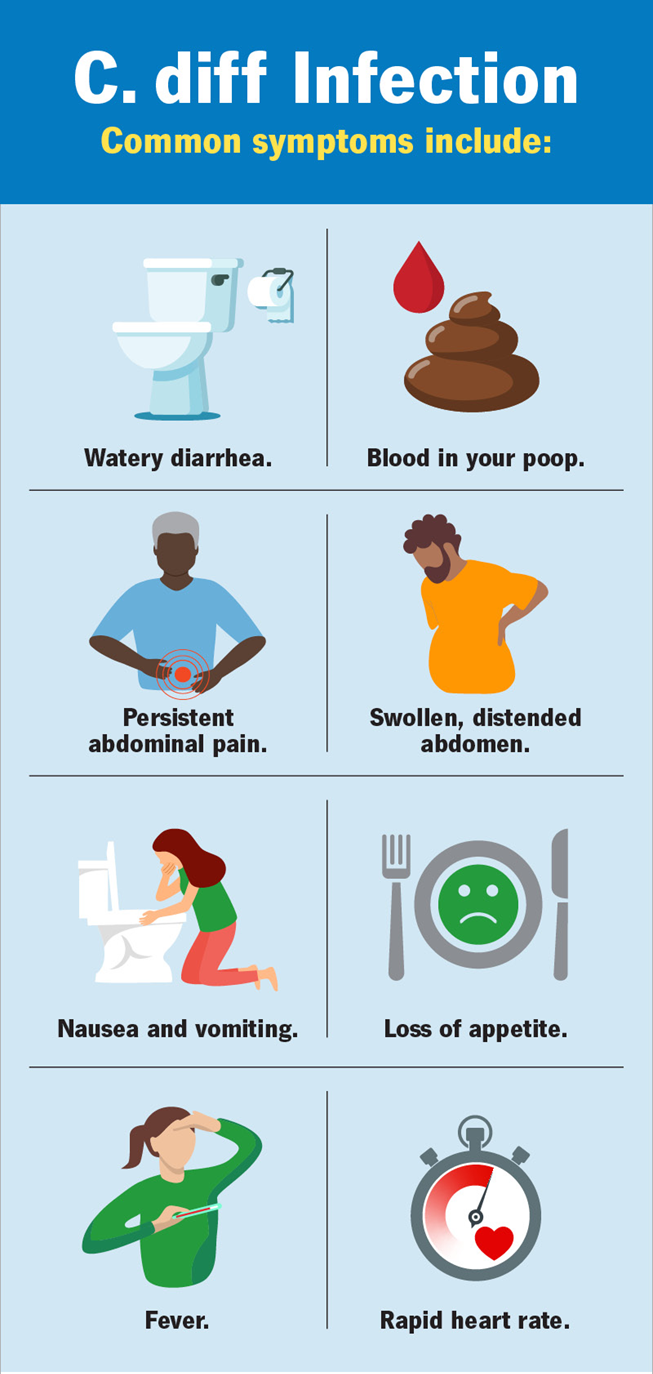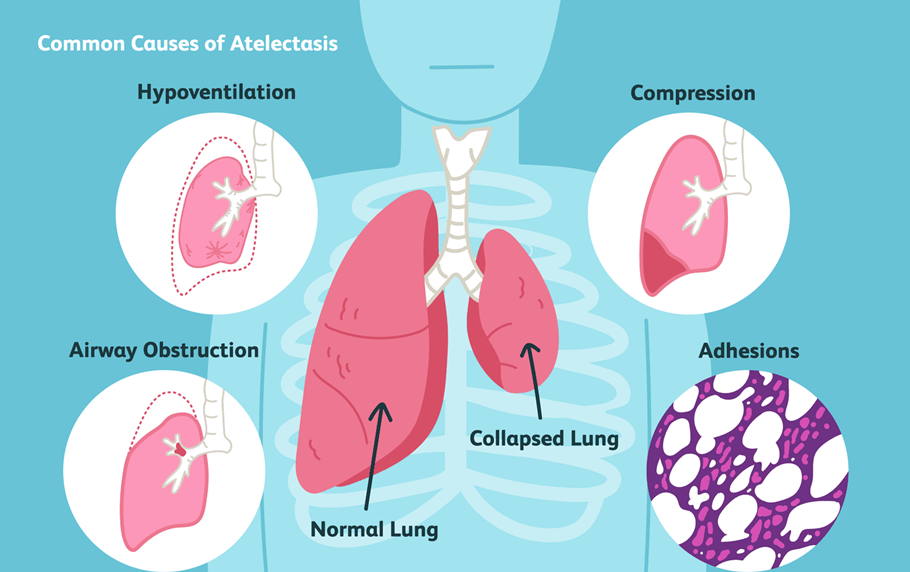A nurse is planning care for a client who has manifestations of a Clostridium difficile (C. difficile) infection. Which action should the nurse plan to take?
Place a surgical mask on the client during transport.
Use gown and gloves when entering the room.
Use an alcohol-based agent to perform hand hygiene when caring for the client.
Obtain a blood specimen to test for C. difficile.
The Correct Answer is B
Choice A reason: Placing a surgical mask on the client during transport is not the primary precaution for C. difficile infections. C. difficile is primarily transmitted through contact with contaminated surfaces and not through respiratory droplets. Therefore, while masks may be used for other infections, they are not the main precaution for C. difficile.
Choice B reason: Using gown and gloves when entering the room is essential for preventing the spread of C. difficile. This infection is highly contagious and can be transmitted through contact with contaminated surfaces or feces. Gown and gloves provide a barrier that helps prevent the transmission of the bacteria to healthcare workers and other patients.

Choice C reason: Using an alcohol-based agent to perform hand hygiene is not effective against C. difficile spores. Hand washing with soap and water is recommended because it is more effective at removing the spores from the hands. Alcohol-based hand sanitizers do not kill C. difficile spores and should not be relied upon for hand hygiene in this context.
Choice D reason: Obtaining a blood specimen to test for C. difficile is not the standard diagnostic method. C. difficile infections are typically diagnosed through stool tests that detect the presence of the bacteria or its toxins. Blood tests are not used for diagnosing C. difficile infections.
Nursing Test Bank
Naxlex Comprehensive Predictor Exams
Related Questions
Correct Answer is B
Explanation
Choice A Reason:
Prolonging the life of a client is not the primary focus of palliative care. While palliative care can sometimes extend life by improving overall well-being and reducing stress, its main goal is to enhance the quality of life by managing symptoms and providing comfort12. Palliative care is not primarily aimed at life extension but rather at ensuring that patients live as well as possible despite their illness.
Choice B Reason:
Controlling symptoms and providing comfort is the core focus of palliative care. This type of care aims to alleviate pain and other distressing symptoms, such as nausea, shortness of breath, and fatigue12. Palliative care also addresses emotional, social, and spiritual needs, helping patients and their families cope with the challenges of serious illness. By focusing on comfort and quality of life, palliative care supports patients in living as fully as possible.
Choice C Reason:
Replacing other treatments for an illness is not the focus of palliative care. Palliative care is designed to complement, not replace, other medical treatments12. It can be provided alongside curative or life-prolonging treatments, offering additional support to manage symptoms and improve quality of life. The goal is to provide a holistic approach to care that addresses all aspects of a patient’s well-being.
Choice D Reason:
Curing a serious illness is not the aim of palliative care. Palliative care is appropriate for patients at any stage of a serious illness, whether or not a cure is possible12. Its primary focus is on symptom management, comfort, and quality of life, rather than on curing the illness. This approach helps patients and their families navigate the complexities of serious health conditions with greater ease and support.
Correct Answer is A
Explanation
Choice A Reason:
Atelectasis is a common postoperative complication, especially in patients who have undergone abdominal or thoracic surgery. It occurs when the alveoli in the lungs collapse, leading to reduced or absent breath sounds in the affected areas. This condition can result from shallow breathing, pain, or immobility after surgery. The absence of breath sounds in the bases of the lungs is a key indicator of atelectasis. Preventive measures include encouraging deep breathing exercises, using incentive spirometry, and early mobilization of the patient.

Choice B Reason:
Pulmonary embolism (PE) is a serious condition where a blood clot travels to the lungs, causing a blockage in one of the pulmonary arteries. While PE can present with symptoms such as sudden shortness of breath, chest pain, and rapid heart rate, it is less likely to cause absent breath sounds in the lung bases. Instead, PE may lead to decreased oxygen levels and respiratory distress. Diagnosis typically involves imaging studies such as a CT pulmonary angiography.
Choice C Reason:
Arterial thrombus refers to a blood clot that forms in an artery, which can lead to tissue ischemia and infarction. This condition is more commonly associated with cardiovascular events such as myocardial infarction or stroke. It does not typically present with absent breath sounds in the lungs. Instead, symptoms may include pain, pallor, and loss of function in the affected area. Diagnosis and treatment focus on restoring blood flow to the affected tissues.
Choice D Reason:
Pneumonia is an infection of the lungs that can cause symptoms such as cough, fever, and difficulty breathing. While pneumonia can lead to abnormal breath sounds, such as crackles or wheezes, it is less likely to cause completely absent breath sounds in the lung bases. Pneumonia is usually diagnosed through clinical examination, chest X-rays, and sputum cultures. Treatment involves antibiotics and supportive care to manage symptoms.
Whether you are a student looking to ace your exams or a practicing nurse seeking to enhance your expertise , our nursing education contents will empower you with the confidence and competence to make a difference in the lives of patients and become a respected leader in the healthcare field.
Visit Naxlex, invest in your future and unlock endless possibilities with our unparalleled nursing education contents today
Report Wrong Answer on the Current Question
Do you disagree with the answer? If yes, what is your expected answer? Explain.
Kindly be descriptive with the issue you are facing.
